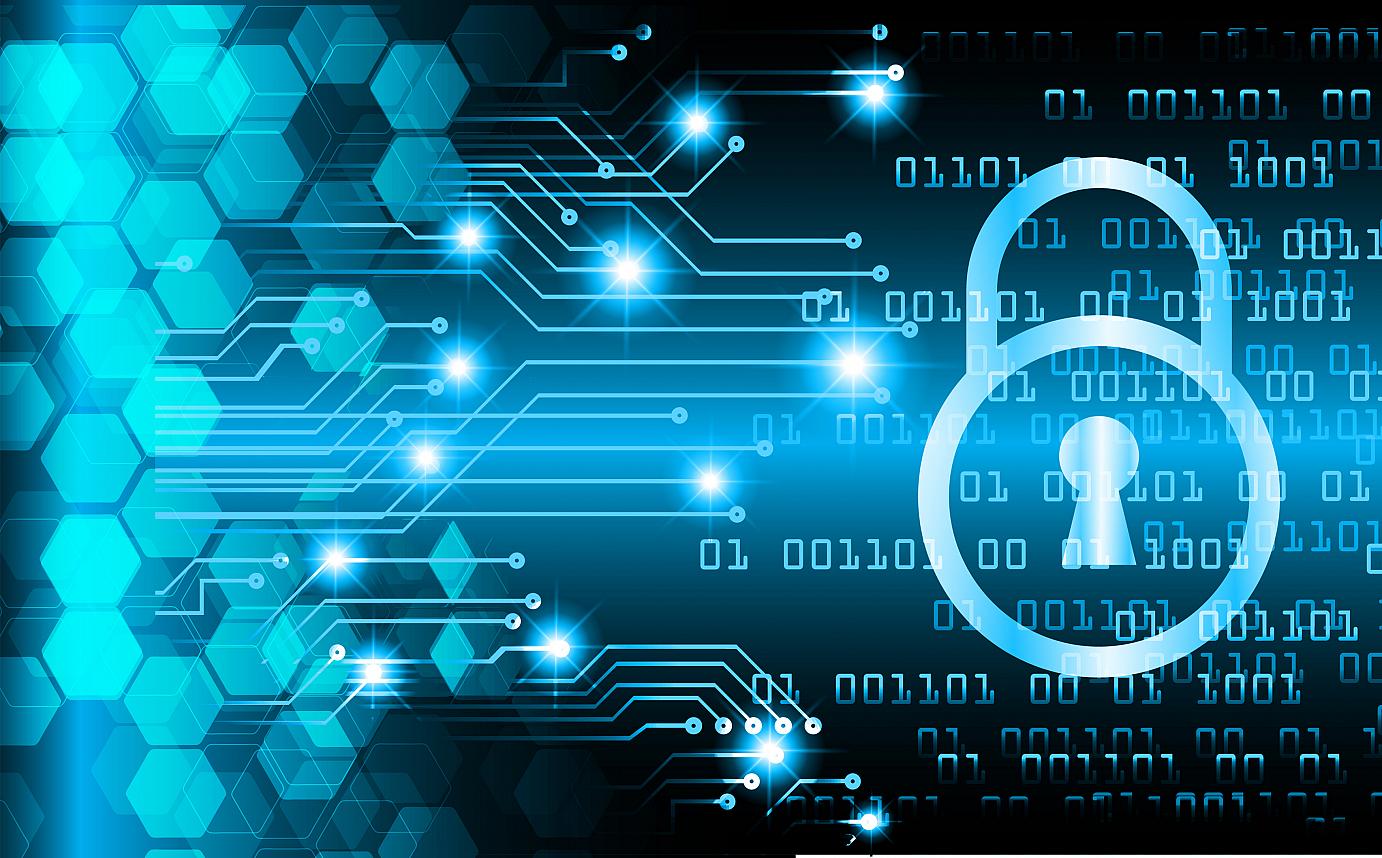
Cyber Security: the challenge of the companies 4.0
11 August 2017Hacker attacks that hit corporations and government agencies in various countries in the world last June shook public opinion and collective imagery. The security of the web has become, perhaps with naive delay, a central theme for states, businesses, and individuals.
“Problems are known and the solutions are multiple. But it is a field in which it is easy to become prophets ,” says Michele Colajanni, Director of the Interdepartmental Research Center on Risk Security and Prevention (CRISI) of the University of Modena and Reggio Emilia, during the introduction to the Cyberscurity and Industry 4.0 workshop, organized by Bologna Business School at Farete 2017.
AN ATTACK TO THE VALUE CHAIN
The vulnerability of the computer network seems a recent evil, but it has its roots in the 1990s, when we started digitizing our data and networking all the devices that manage them. What is causing more concern, according to Professor Colajanni, is that we are putting on the World Wide Web entire companies, the industry and our cities (smart cities). Not only machines are vulnerable but all relationships and connections between vendors, customers, and companies. In essence, the whole value chain.
The hacker attack that struck the whole world last June, but in a harder way Ukraine, caused $ 300 million damage to Maersk, the leading Danish shipping group. It becomes clear how the risk for companies, especially those in manufacturing, is immediate and the damage is never easy to restore. “There is no reboot in manufacturing. You can not simply restart the system,” warns Professor Colajanni.
A theme, that of computer security, which is not fully understood by companies. According to a Bank of Italy survey, only 1.5% of companies have developed adequate security measures, while 30.3% of companies have reported a hacker-related harm.
A CULTURAL PROBLEM
Everything starts with awareness. No action can be taken without knowledge.
“The underlying problem is the lack of a proper culture. As a society in general we are not sensitive enough to this topic,” continues Marco Roccetti, Professor of Computer Science at the University of Bologna and Associate Dean for Digital Technologies at BBS. “It is still believed that technology is reserved for few elected, while, in order to defend effectively ourselves from hackers, we should all become hackers.”
Schools and hacking courses, such as those promoted in China and the United States, to understand, defend and anticipate. Especially companies need to start thinking about security ‘by design’, as Tesla Motors teaches.
TO FORM PROFESSIONALS
“Cybersecurity professionals are missing. Those who have an education in these areas receive many job offers and can go anywhere,” adds Colajanni. “The autonomous world can not be stopped, but we have to design it in the right way.”
“The worst way not to fall from the bycicle and hurt ourselves is to stop pedaling.”
So concludes the workshop on Cybersecurity and Industry 4.0 Professor Roccetti, inviting us to adopt the best defenses: knowledge.
Cyber Security is now a key sector in the digital world, which affects institutions, production and services in a concrete way. The complexity of the issues to be addressed requires more and more targeted training. Companies are looking for professionals who can guide them in organizing security-focused activities.
Bologna Business School proposes a Master in Digital Technology Management with a Cyber Security address for newly graduates: the English-language master prepares young managers to understand the vulnerabilities that companies face as a result of their reliance on IT systems, and to plan interventions to prevent and protect businesses against attacks, safeguarding the integrity and availability of company data, networks and systems.
